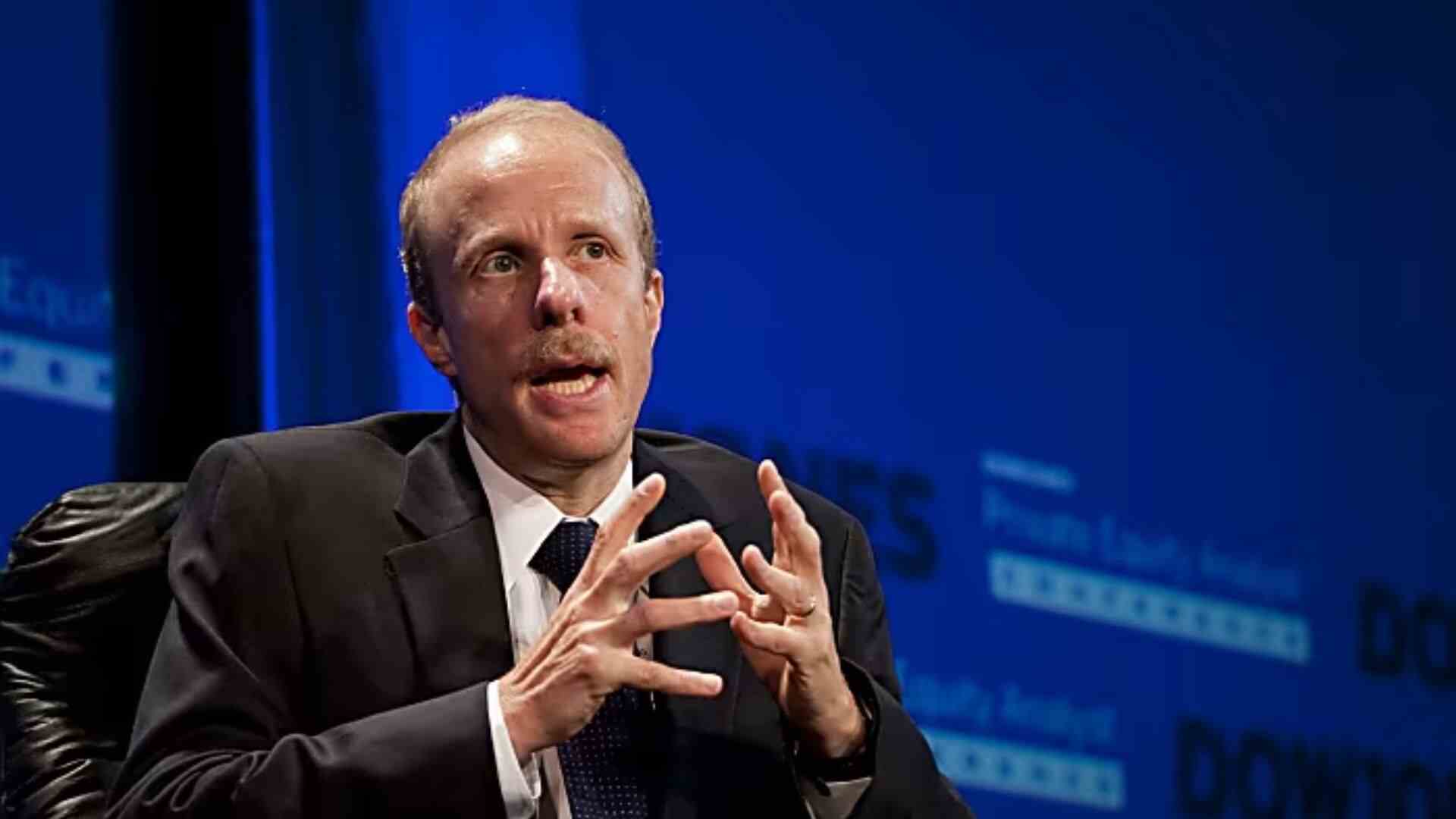
The first that comes to your mind regarding non-denominational churches is their existence. It is because everything starts at a certain point. The need for it is the crux of it happening. However, at the same time, other questions that may pop up in your mind are associated with a belief system, religious practices, and their growth. In this blog, you are about to take a deeper dive and find out the answers to most of these questions.
What is a Non-Denominational Church?
Before answering the other questions listed above. We would like to start from the start – what is a non-denominational church? Well, these are not self-affiliated traditional churches. Instead, these happen to possess lenient or not conservative practices of Christianity. Denominational churches are the opposite of non-denominational ones and follow strict rules and practices. On the other hand, non-denominational churches are established by communities or pastors. They follow a unique approach. When it comes to the belief system, interestingly, non-denominational churches have many similarities to protestant churches. For example, denominational churches follow the Methodist, Presbyterian, and Episcopal Bible as well as Protestant Reformation. Some of these concepts and practices are followed by non-denominational churches as well.
Growth & Stability of Contemporary Non-Denominational Churches
By far this side of Christianity is growing like fire in the woods. We can say that this kind of research is carried out. In 1990 there were approximately 200,000 non-denominational members. Later in 2008, the number of non-denominational members scaled up to 8 million.
The Bible in non-denominational Christianity is treated like Holy Scripture. But at the same time, it is not taken as the means of setting customs or rituals. Modern churches have more space in terms of permitting to adopt a Christian’s point of view. For example, when it comes to denominations’ immersion in social concerns and practicality or matters, favor goes to political biases. That’s the reason why non-denominational Christians left all those churches that foiled politics in social matters.
Last Words: What Church Religion Is Non-Denominational?
To know the accurate answer, you must know the following types of independent churches along with some free organizations.
Type #1: Self-Governing Christian Churches
These churches are similar to the protestant churches. However, the use of a musical instrument in worship services plays a dominant role. The support of these churches is typically towards and for main teachings that come from the Restoration Era and its Movement. The crux of these churches focuses on obedience to Jesus Christ.
Type #2: Churches of the Christ
The essence of faith straightforwardly comes from the Scripture, Bible. In this church, even adult members are baptized. Church elders are the ones who take care of congregations. Participation in the communion service or the weekly Eucharist is part of “Churches of the Christ”.
Type #3: Hope Haven
This is a non-denominational organization for Christians. At Hope Haven, you get to see people or members helping each other. This church was founded in the year 1964 in Iowa. The main aim of this church is to help and assist disabled members.
To say whether the non-denominational church is a part of the Protestant church or not is quite shaky!















